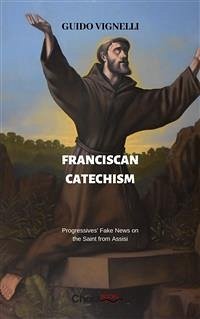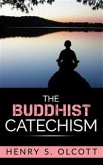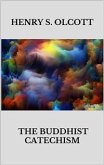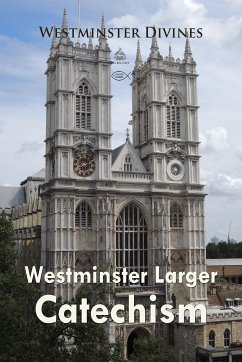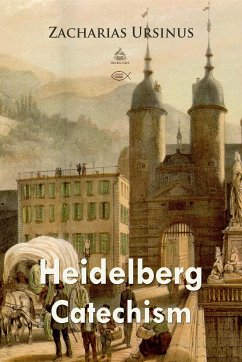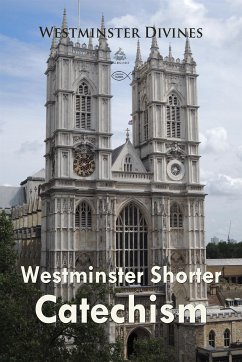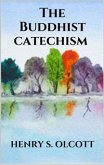Anti-Christian propaganda is spreading a completely false image of St. Francis of Assisi across the world, as it has been adapted to fit the demands of the ‘modern spirit’.
As such, the mass media present us with an image of Francis as meek, a pacifist, an ecumenist, a libertarian, a revolutionary, and an enemy of culture and civilisation. A certain form of historiography, preaching and Franciscan propaganda have been accomplices in this shameless falsification.
It is therefore urgent to rediscover the person, the example and the message of the true St. Francis, for which there is a pressing and current requirement precisely because they constitute “a challenge to the modern world”, as Chesterton observed.
In order to rediscover this, we must return to the contemporary historical sources, to the testimonies of the early Franciscans and to the teachings of the Church.
This is what this short but deeply researched book has done – written through posing questions and providing answers – in order to restore truth and honour to St. Francis, taken away from him by his many false followers and apologists.
Guido Vignelli was born in 1954 in Rome, where he currently lives. A scholar of history, political philosophy and communication science, he is dedicated to defending the principles and institutions of the Christian world, following the school of the Catholic counter-revolutionary apostolate. He was a founding member of the Lepanto Cultural Centre in 1982 and of the Associazione Famiglia Domani in 1987, and from 1993 to 2013 he was the director of the SOS Ragazzi project. He is the author of books and articles, and works with associations, magazines, radio stations and websites inspired by traditional Catholicism.
TABLE OF CONTENTS
The Testimony of Saints Today.
Was St. Francis a ‘do-gooder’?
Was St. Francis a pacifist?
Was St. Francis against the Crusades?
Was St. Francis an ‘ecumenist’?
Was St. Francis a friend of Islam?
Was St. Francis a libertarian?
Did St. Francis object to ecclesiastical authority?
Was St. Francis a revolutionary?
Was St. Francis egalitarian?
Was St. Francis an ecologist?
Was St. Francis against culture?
Was St. Francis opposed to civilisation?
What is the real meaning of Franciscan poverty?
What is the real Franciscan spirit?
As such, the mass media present us with an image of Francis as meek, a pacifist, an ecumenist, a libertarian, a revolutionary, and an enemy of culture and civilisation. A certain form of historiography, preaching and Franciscan propaganda have been accomplices in this shameless falsification.
It is therefore urgent to rediscover the person, the example and the message of the true St. Francis, for which there is a pressing and current requirement precisely because they constitute “a challenge to the modern world”, as Chesterton observed.
In order to rediscover this, we must return to the contemporary historical sources, to the testimonies of the early Franciscans and to the teachings of the Church.
This is what this short but deeply researched book has done – written through posing questions and providing answers – in order to restore truth and honour to St. Francis, taken away from him by his many false followers and apologists.
Guido Vignelli was born in 1954 in Rome, where he currently lives. A scholar of history, political philosophy and communication science, he is dedicated to defending the principles and institutions of the Christian world, following the school of the Catholic counter-revolutionary apostolate. He was a founding member of the Lepanto Cultural Centre in 1982 and of the Associazione Famiglia Domani in 1987, and from 1993 to 2013 he was the director of the SOS Ragazzi project. He is the author of books and articles, and works with associations, magazines, radio stations and websites inspired by traditional Catholicism.
TABLE OF CONTENTS
The Testimony of Saints Today.
Was St. Francis a ‘do-gooder’?
Was St. Francis a pacifist?
Was St. Francis against the Crusades?
Was St. Francis an ‘ecumenist’?
Was St. Francis a friend of Islam?
Was St. Francis a libertarian?
Did St. Francis object to ecclesiastical authority?
Was St. Francis a revolutionary?
Was St. Francis egalitarian?
Was St. Francis an ecologist?
Was St. Francis against culture?
Was St. Francis opposed to civilisation?
What is the real meaning of Franciscan poverty?
What is the real Franciscan spirit?

